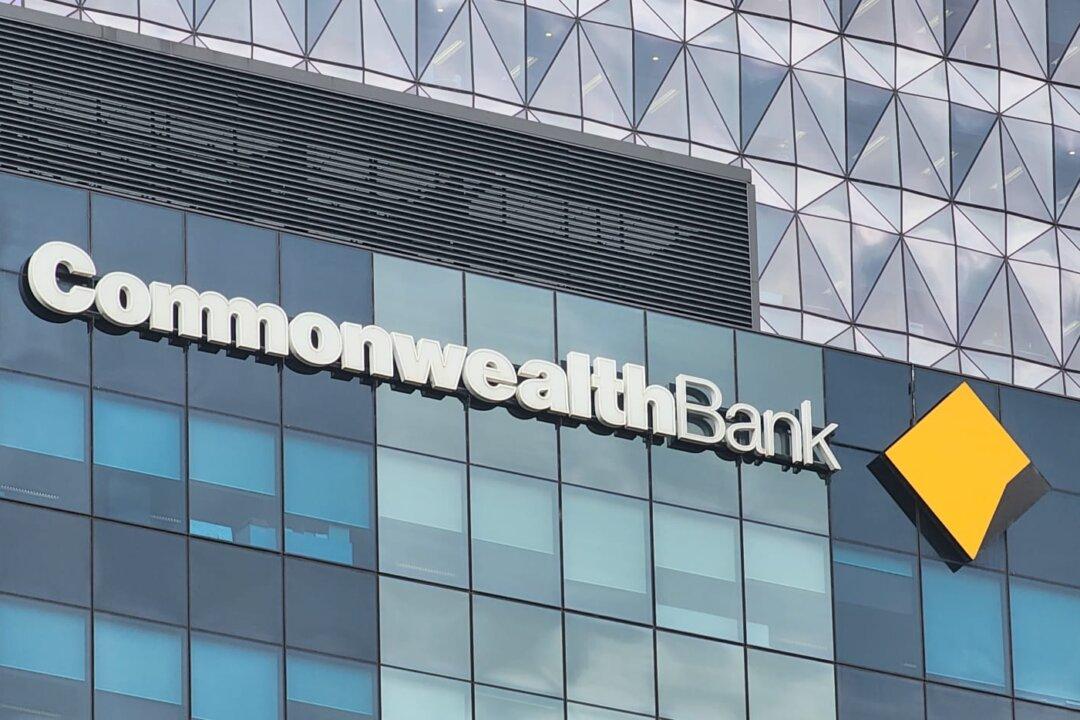Treasurer Jim Chalmers is confident Australia is not heading towards a recession despite some economists warning the path to a soft landing from soaring inflation is narrowing.
He says the Australian economy might stutter as interest rates lift, but neither the Reserve Bank nor Treasury are anticipating a recession.





